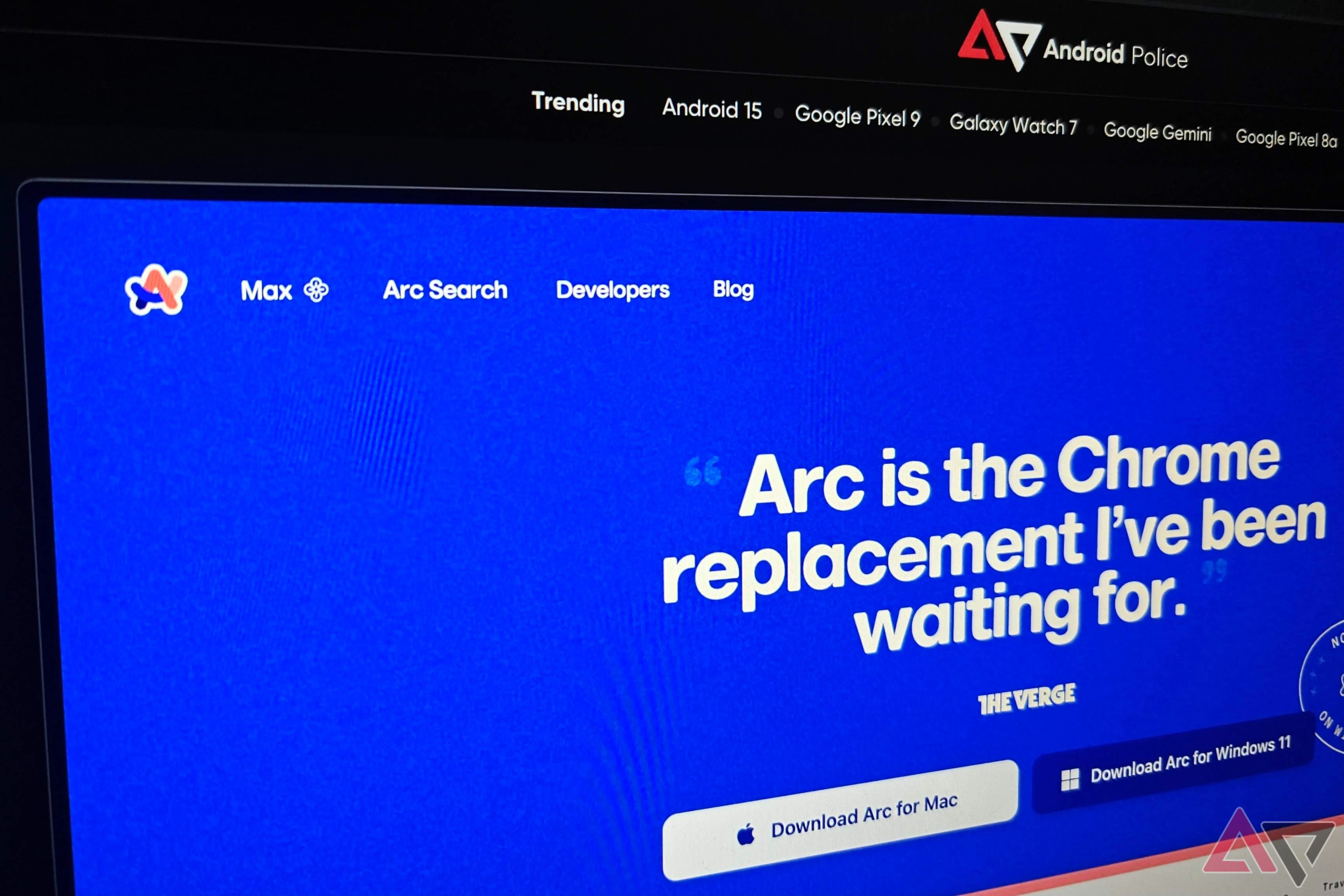Summary
- Google’s June deadline for phasing out Manifest V2 Chrome extensions has arrived, pushing users and developers to transition to Manifest V3.
- Chrome has already started disabling Manifest V2 extensions and displaying warnings to affected users, prompting developers to release updated versions.
- While Google promotes the perks of Manifest V3, some worry about its impact on ad blockers, especially with recent crackdowns on YouTube.
Google’s June deadline for phasing out the old-fashioned Manifest V2 Chrome extension framework has finally arrived. As Google already announced, Chrome will gradually drop support for Manifest V2 extensions, encouraging users and developers to migrate to the Manifest V3 framework. The transition started on June 3, and as it turned out, Google is now turning off Manifest V2 extensions on the Chrome browser.

Related
Google Chrome: 5 features it needs to steal from Arc browser
Chrome could learn a thing or two from this new kid on the block
As reported by Leopeva64, Google has begun displaying a warning message to Chrome users, notifying them of the deactivation of their extension due to the browser’s lack of support. The affected users are now reliant on extension developers to release the Manifest V3 version of their disabled extension or to seek an alternative that is compatible with Google Chrome.
The process of disabling Manifest V2 extensions has already begun on the Chrome Beta, Dev, and Canary channels. The transition is expected to progress to a stable version in the coming months and is projected to be completed by early next year.
Google Chrome started disabling Manifest V2 extensions
The adoption of the Manifest V3 framework among developers is reportedly rising. Google claims that over 85% of actively maintained extensions in the Chrome Web Store are running Manifest V3. Some top content filtering extensions, such as AdGuard, uBlock Origin, and Adblock Plus, have also launched Manifest V3 versions.
While Google says the Manifest V3 framework offers perks such as Offscreen Documents, a new User Scripts API, and enhanced content filtering support, many users and developers still worry about its impact on ad blockers. The tech giant has recently started a crackdown on ad-blockers on YouTube. Users with an enabled ad-blocker can no longer watch YouTube videos unless they turn off the extension.
During the period when Google Chrome was enforcing the Manifest V3 framework and disabling outdated extensions, Firefox made a significant announcement. It declared that it had no plans to deprecate Manifest V2 extensions and webRequest API. In a strategic move, Mozilla also revealed that it will incorporate support for the Manifest V3 framework. This development is set to simplify the process for developers, making it more convenient to launch extensions on both Firefox and Chrome platforms.
Source link


